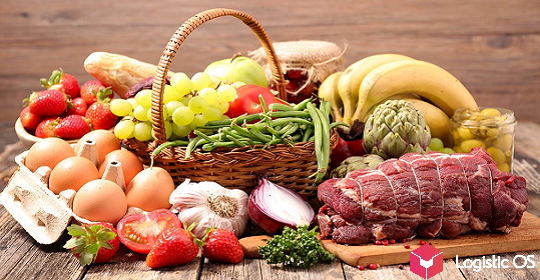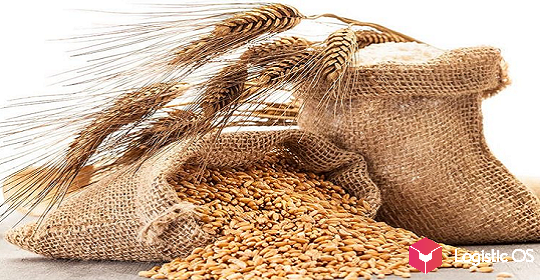In 2022, Russia harvested half as much rice as the average for the last 5 years, but there are no objective reasons for the rise in price, even despite the price volatility last year.
The «price rally» of last spring was largely due to the rush demand against the backdrop of geopolitics. Cereals, including rice, also did not stand aside from this trend.
If we do not take into account such factors, then this year it is unlikely that rice will rise in price.
First of all, this is due to the fact that the government extended the ban on the export of rice outside the country. For the first time such a ban was established in July 2022 and was valid until December. On December 30, it was extended until July 2023.
At the same time, such a ban will not cause problems with the storage and transportation of rice, Vladimir Petrichenko, general director of the ProZerno analytical center, is sure.
The main reason is that Russia this year harvested a record low amount of rice, 800,000 tons. This is half the average for the last 5 years.
What is the reason for the low yield?
First of all, this is due to an accident at the Fedorovsky hydroelectric complex in the Krasnodar Territory: in April, a dam broke there.
And although catastrophic consequences were averted thanks to prompt cleanup, the rice harvest in this region — the main producer of this crop in Russia — fell by 25%.
The immediate cause was the dehydration of rice crops.
However, in 2023 the situation can be corrected, says Roman Nekrasov, head of the Russian Department of Crop Production.
According to him, in the beginning of the season there is a chance to collect up to 1 million tons of rice. In particular, this will become possible due to the expansion of sown areas in Dagestan, Rostov and Astrakhan regions.
Russia becomes a rice importer
In previous years, Russia bought and sold rice at the same time, and the volume of exports and imports was almost the same: about 150,000 tons.
However, this season, due to the ban on the export of rice (which, however, does not apply to the EAEU states), the Russian Federation will turn into a net importer for at least a year, since it is planned to import up to 200,000 tons of rice.
Thus, there are no reasons for a serious rise in the price of rice: no shortage is foreseen.
However, a slight increase in prices following the global ones is possible, experts say. AT
First of all, this concerns long-grain rice, which is practically not grown in Russia, and therefore is imported.

